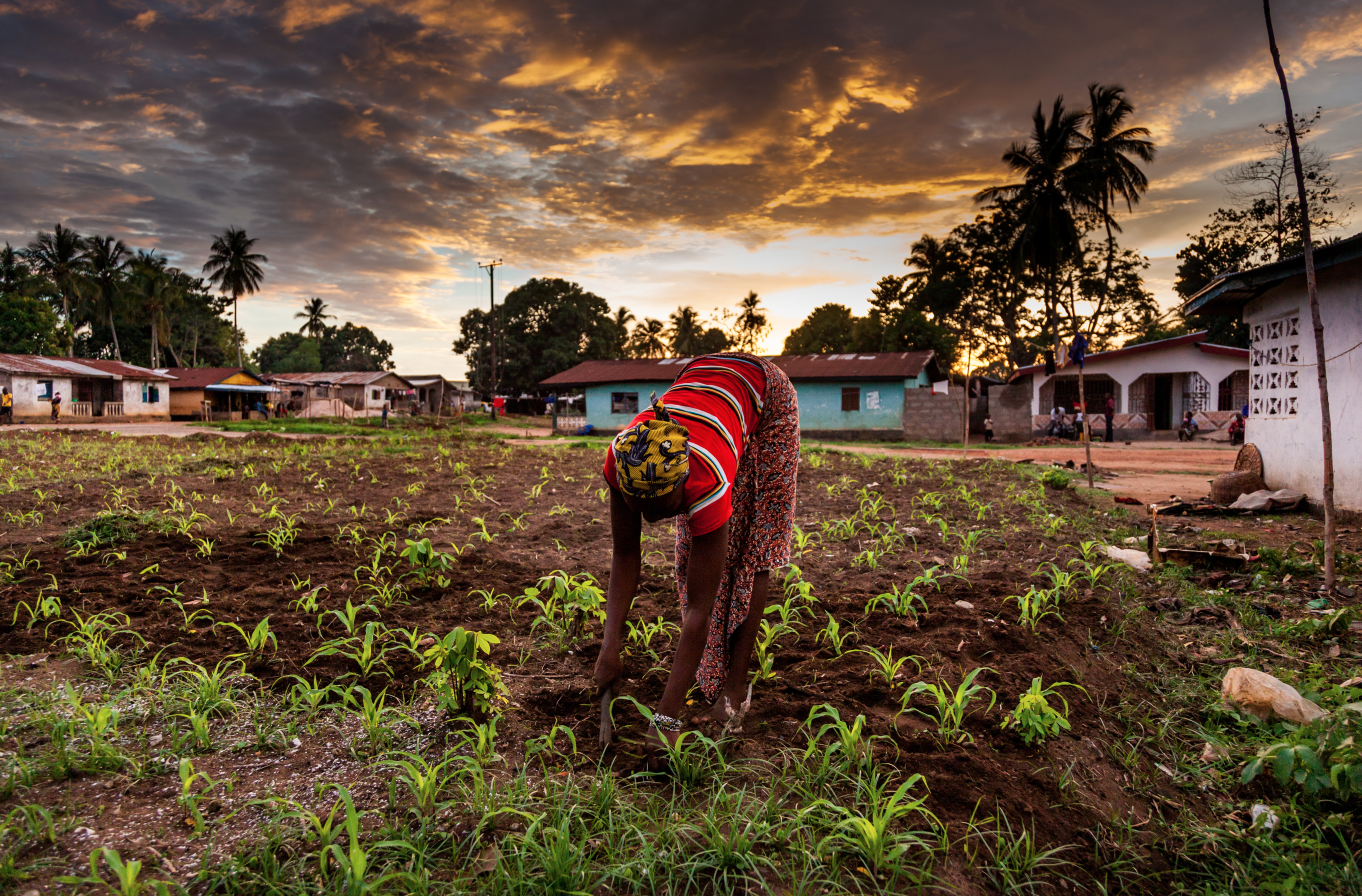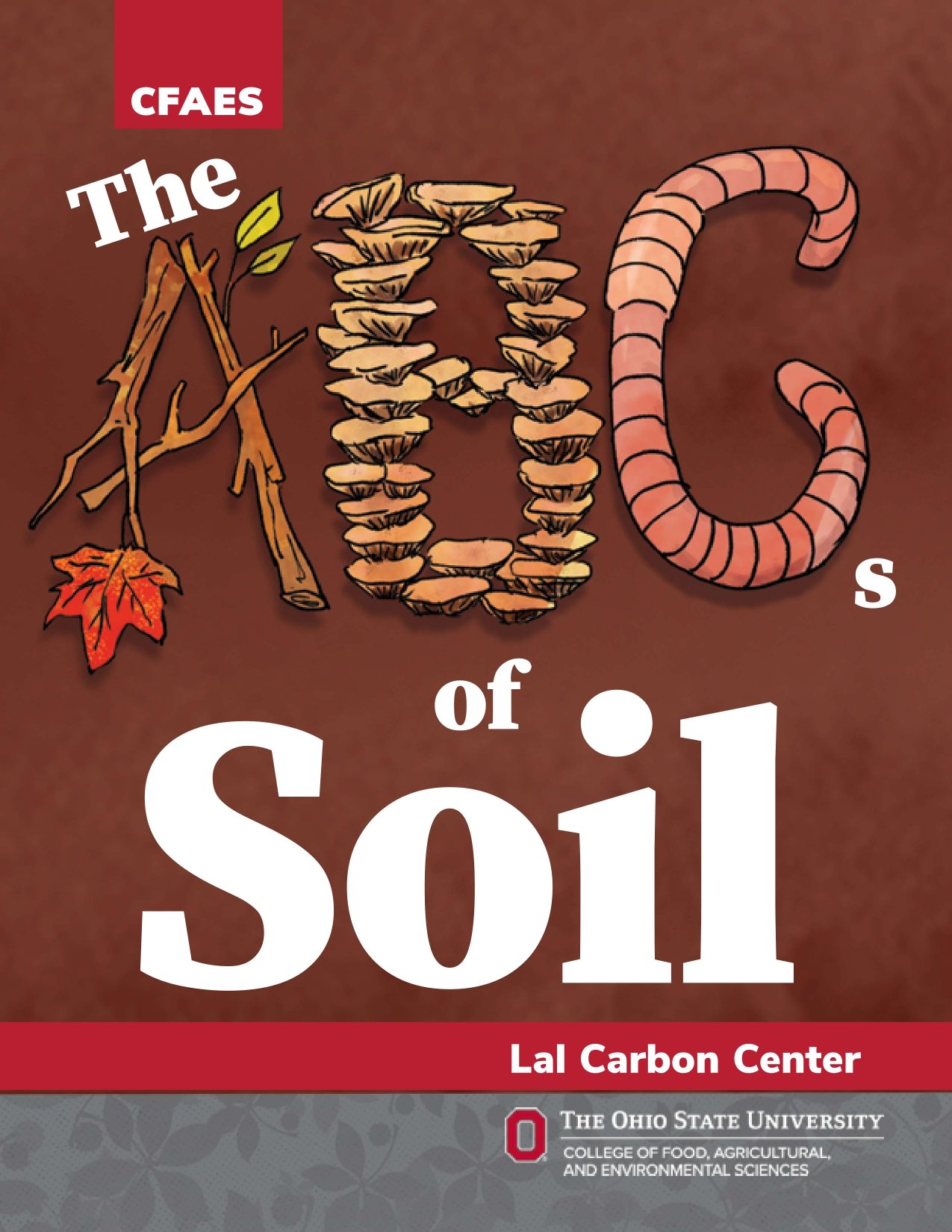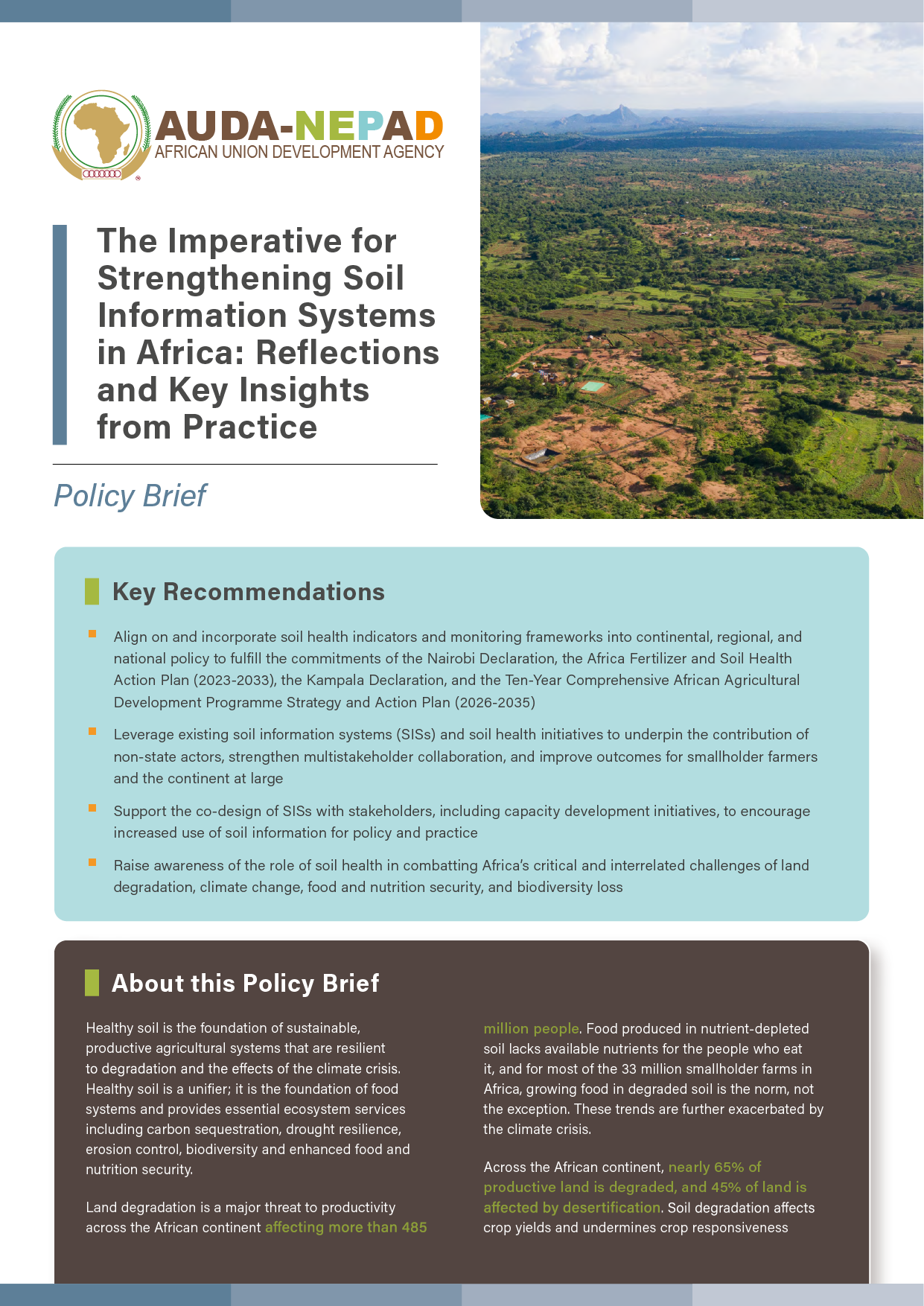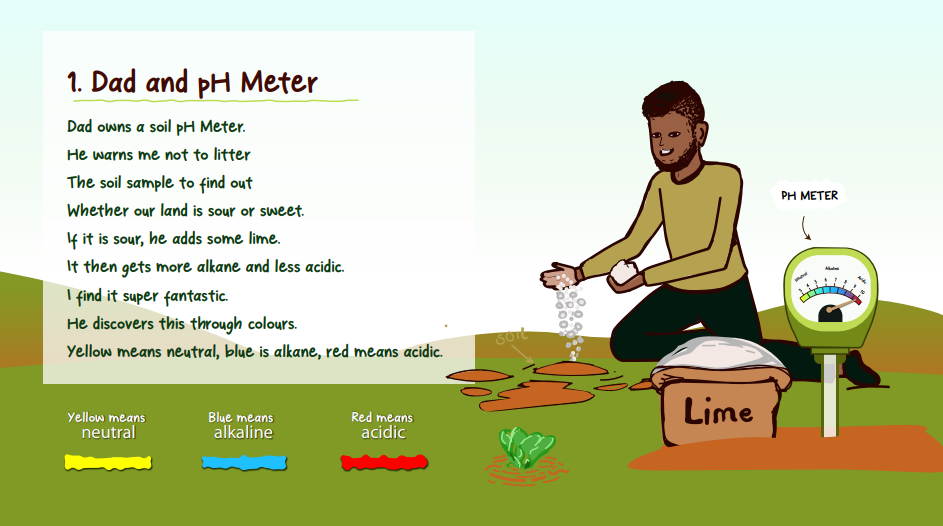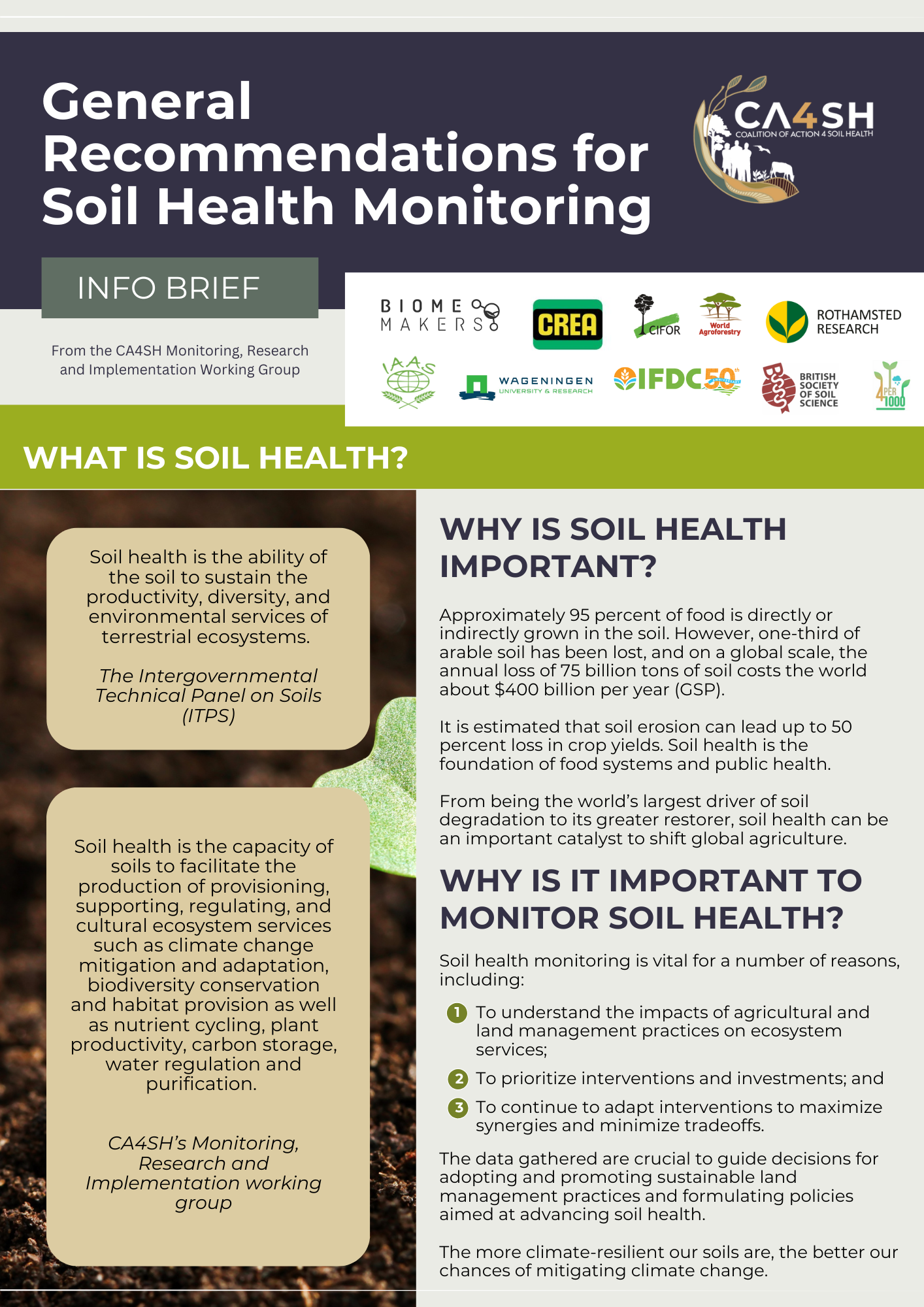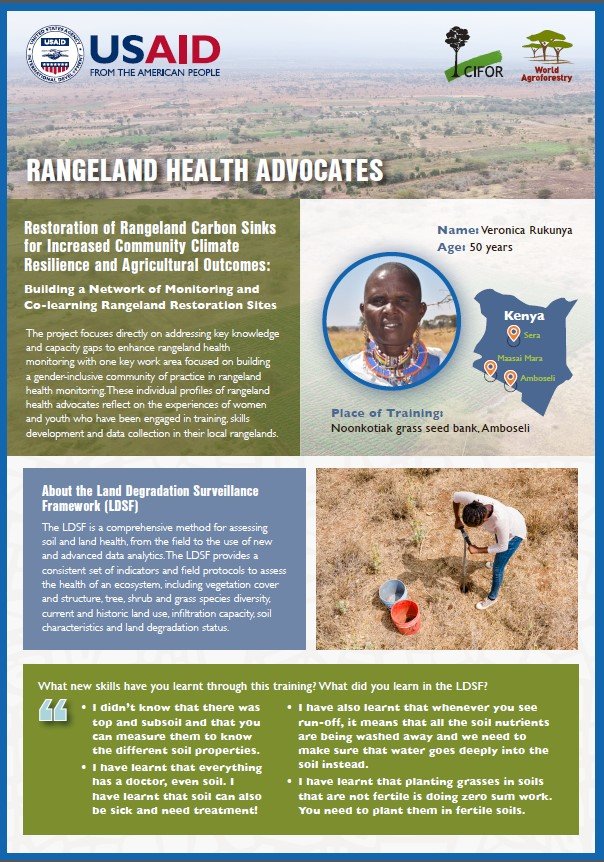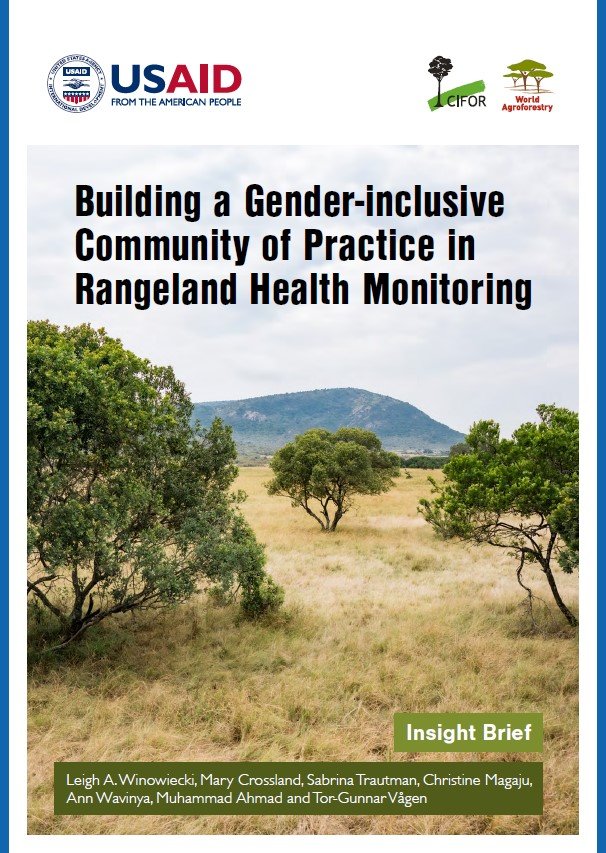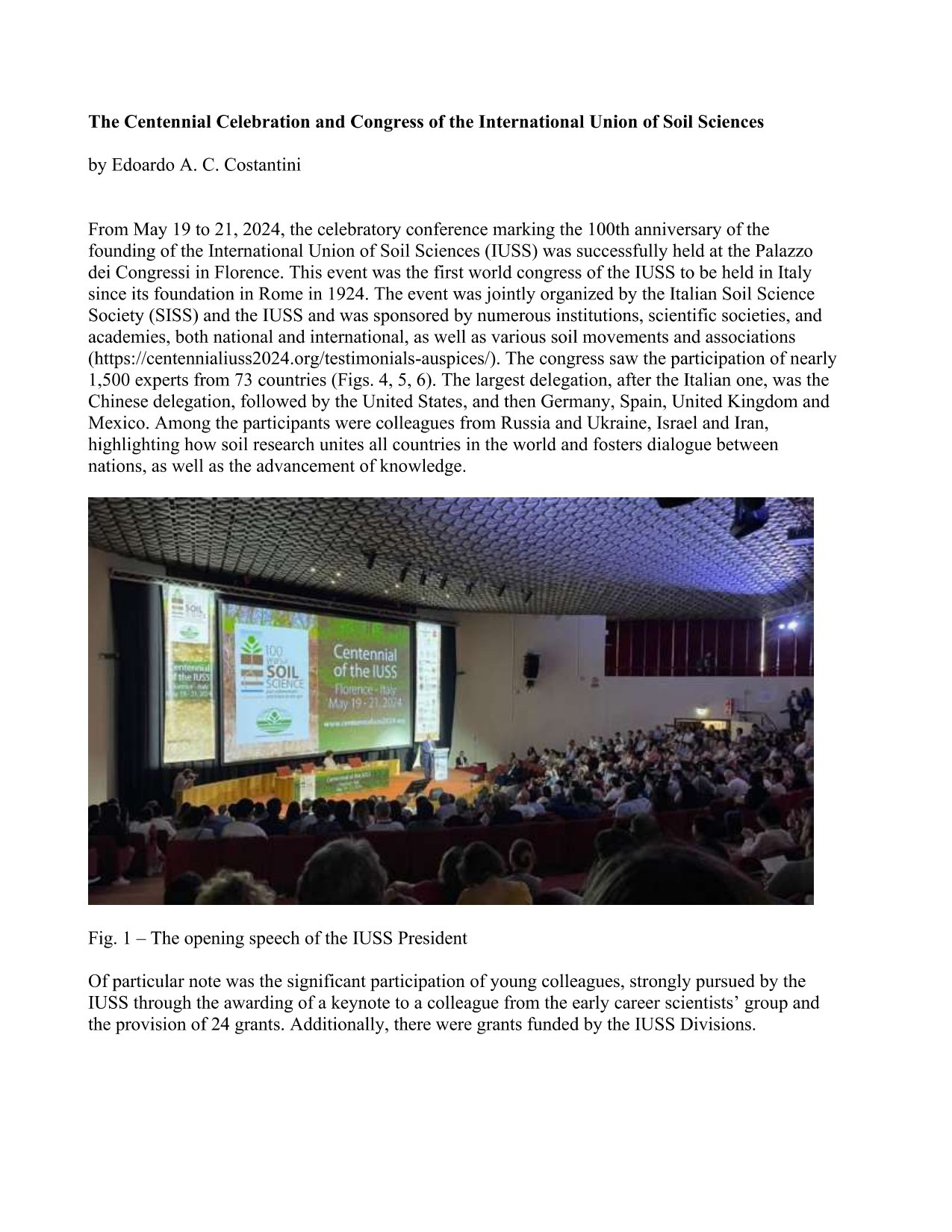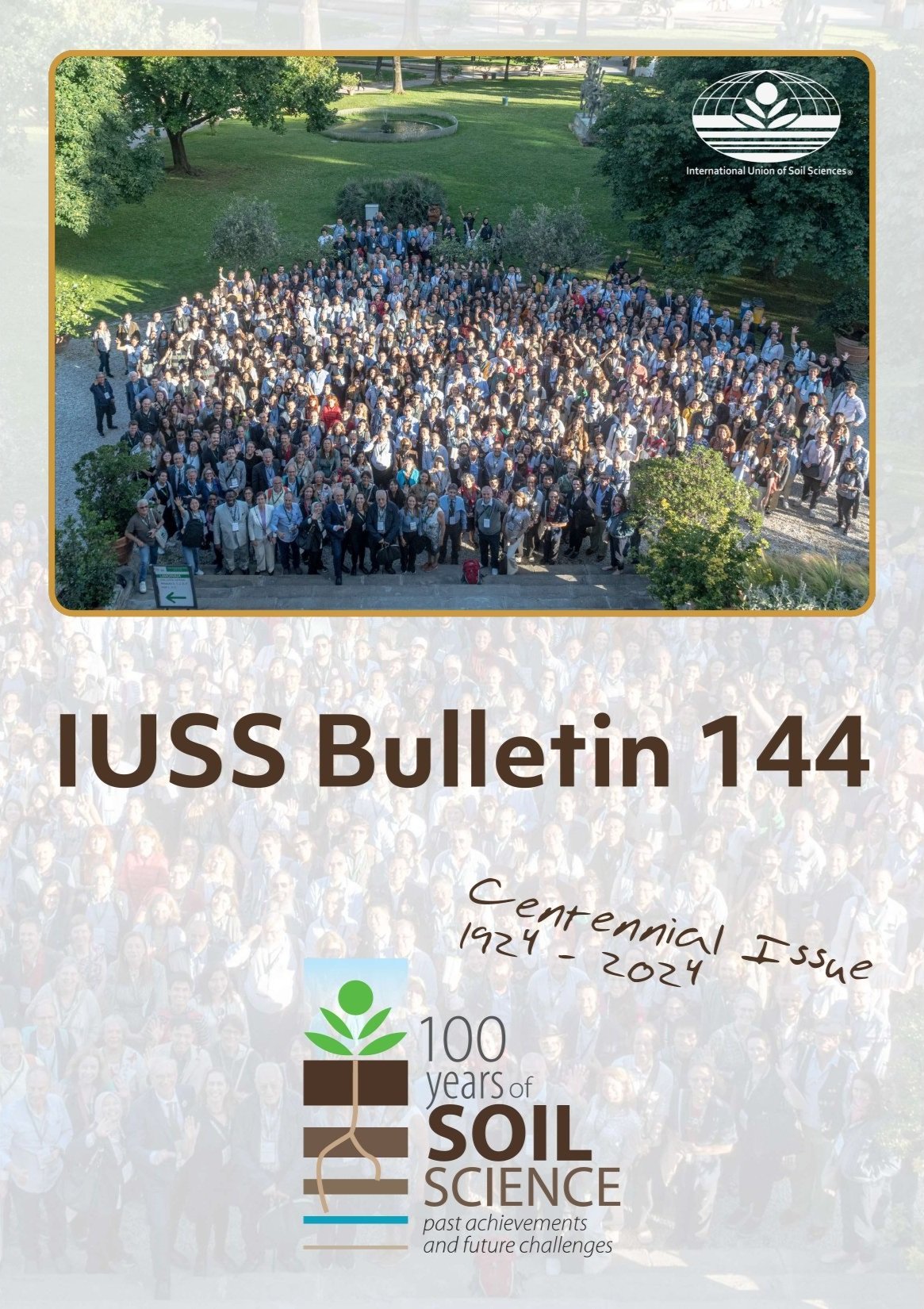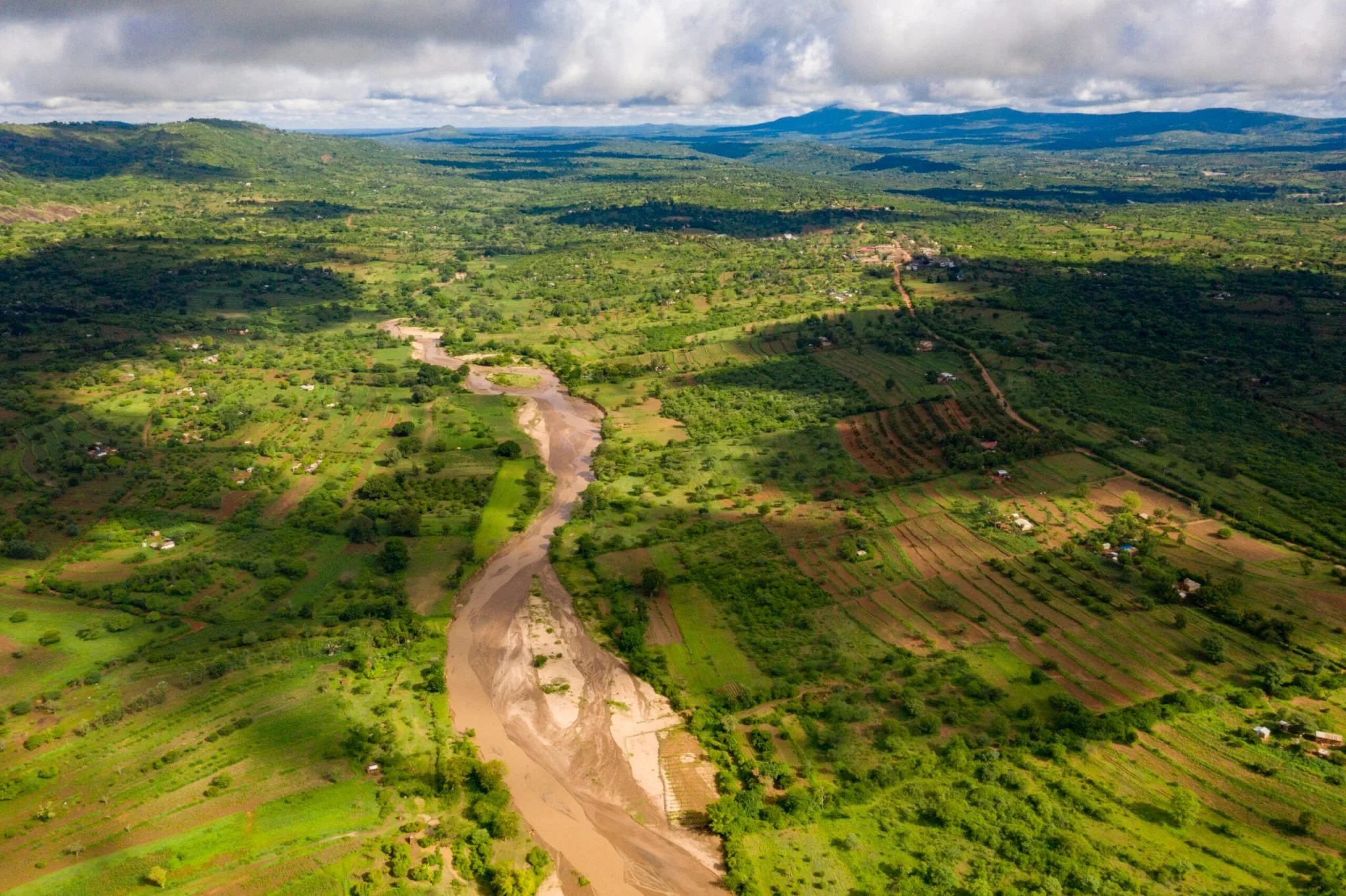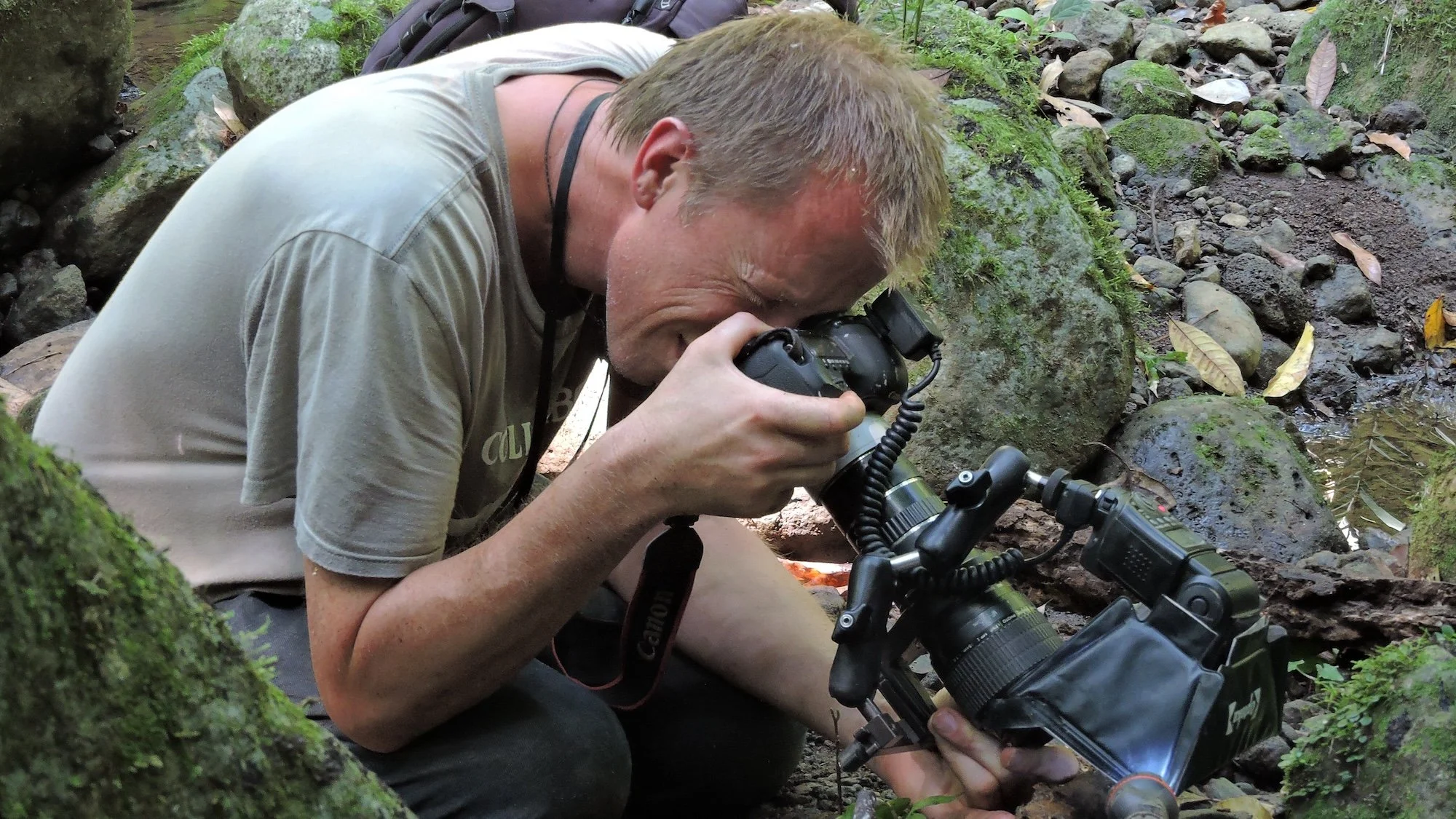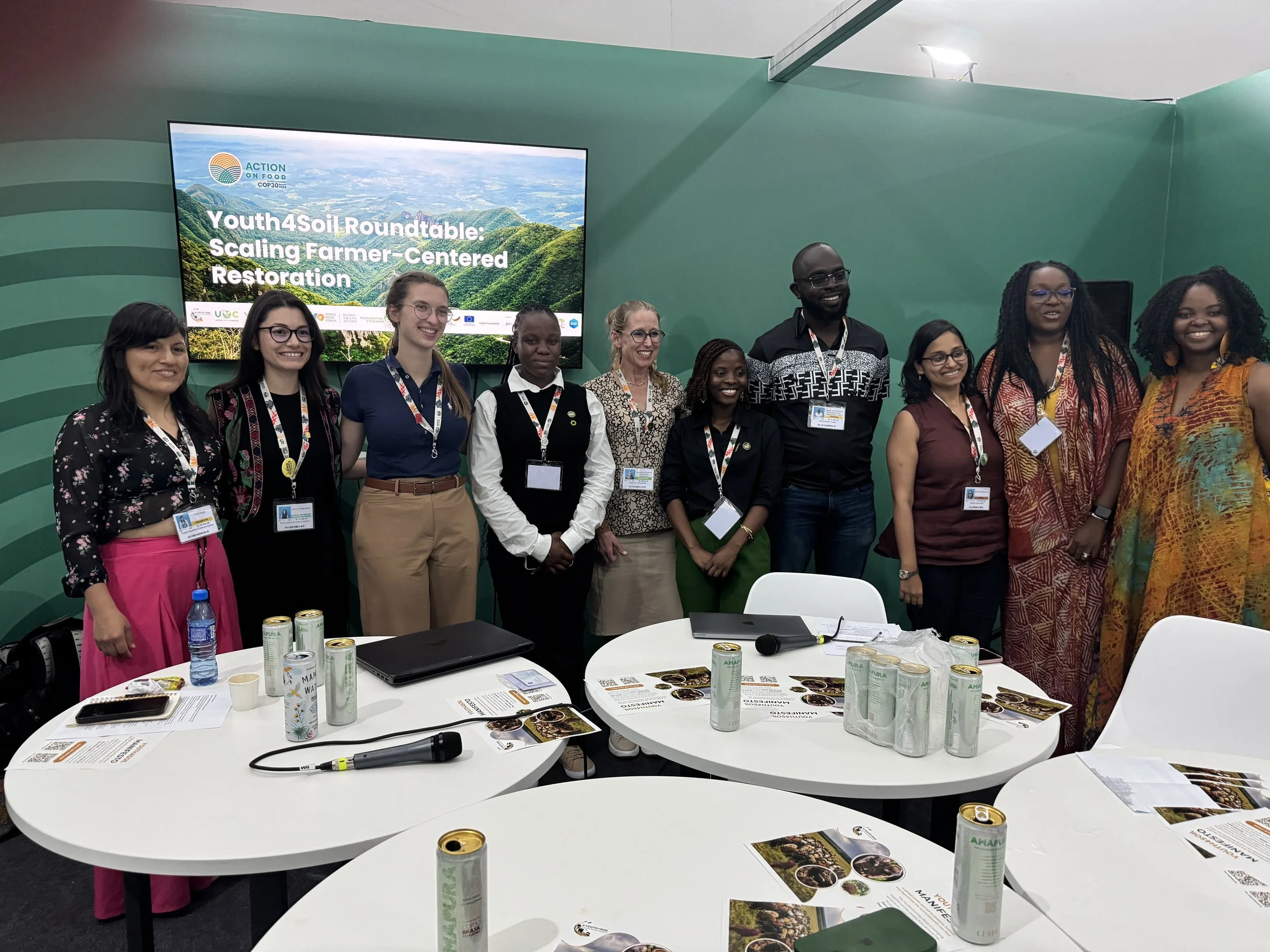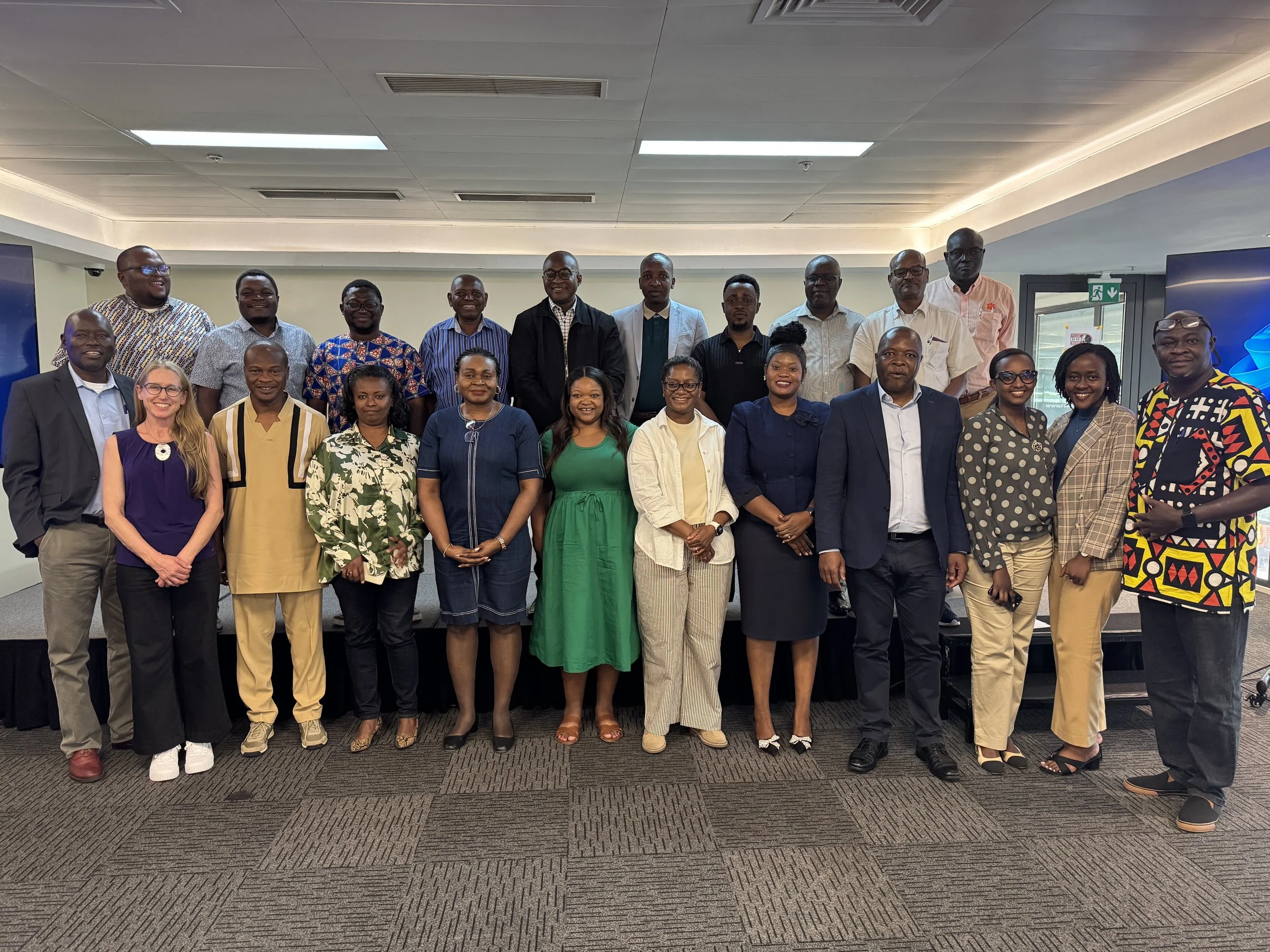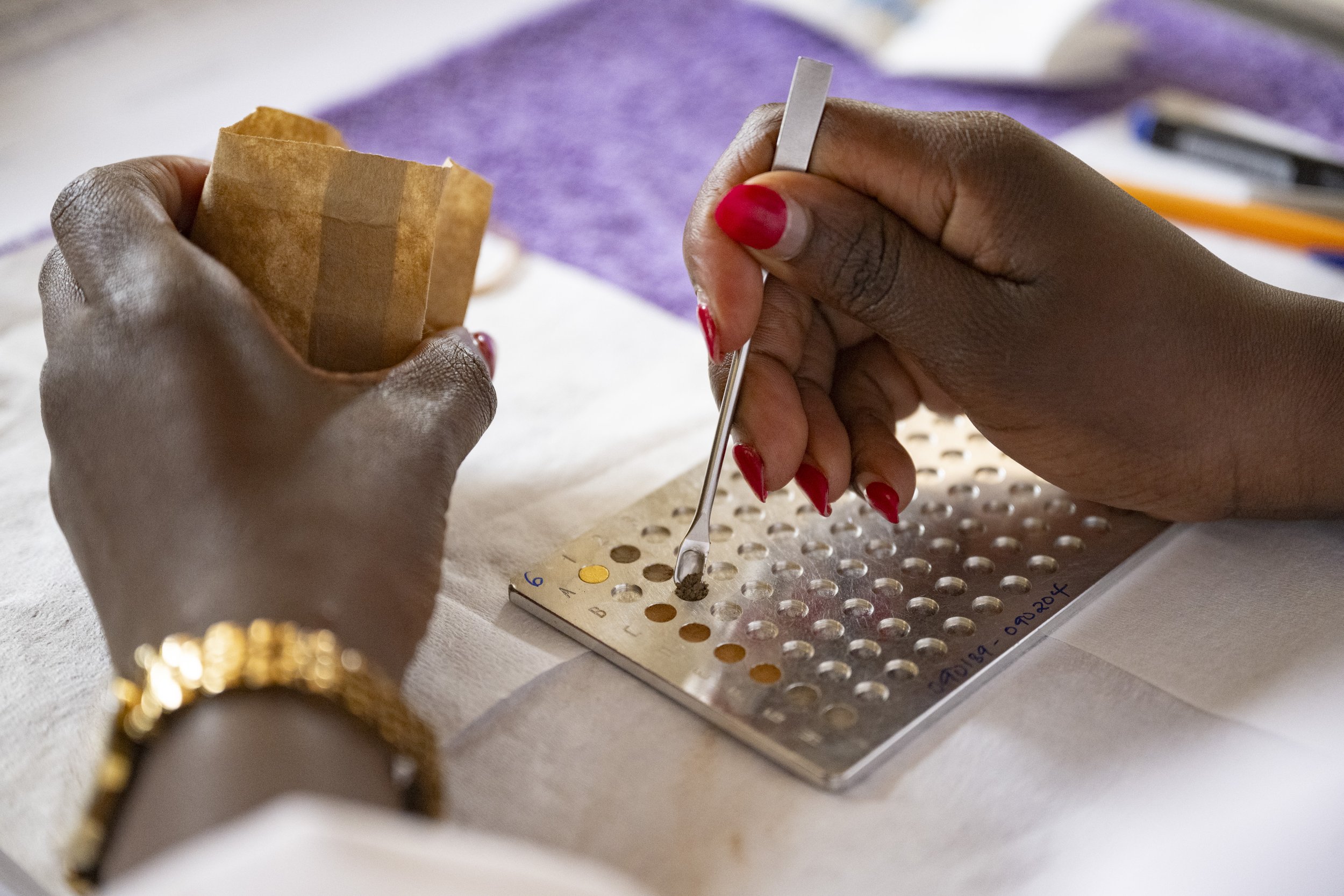
Soil Health Research
CA4SH advocates for the implementation of robust soil health monitoring frameworks to track interventions over time.
We are always collecting resources, updates, and initiatives from around the world to share in this Hub of all things soil health research.
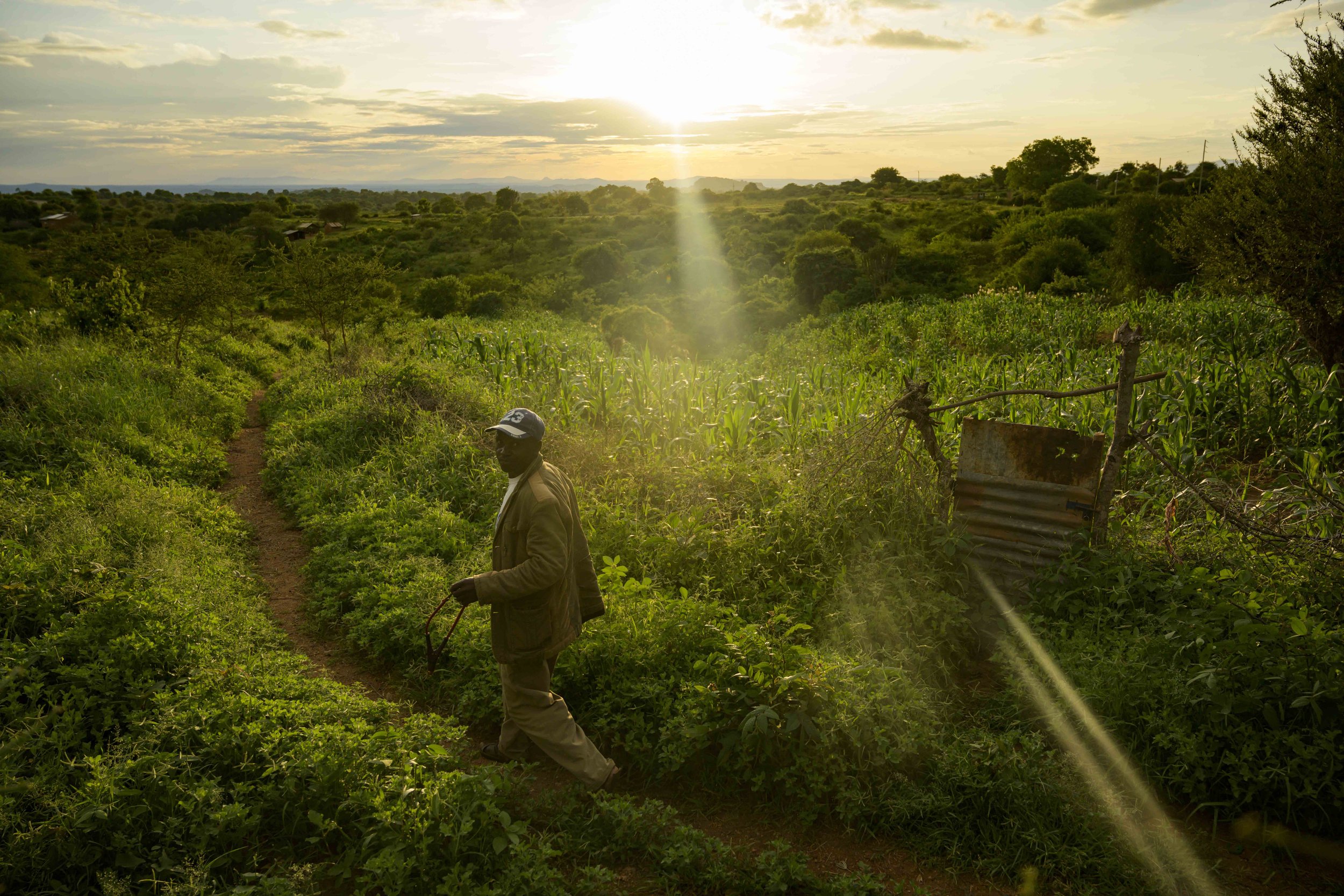
Soil Health is “the ability of the soil to sustain the productivity, diversity, and environmental services of terrestrial ecosystems”.
From the Intergovernmental Technical Panel on Soils (ITPS)
Research Initiatives
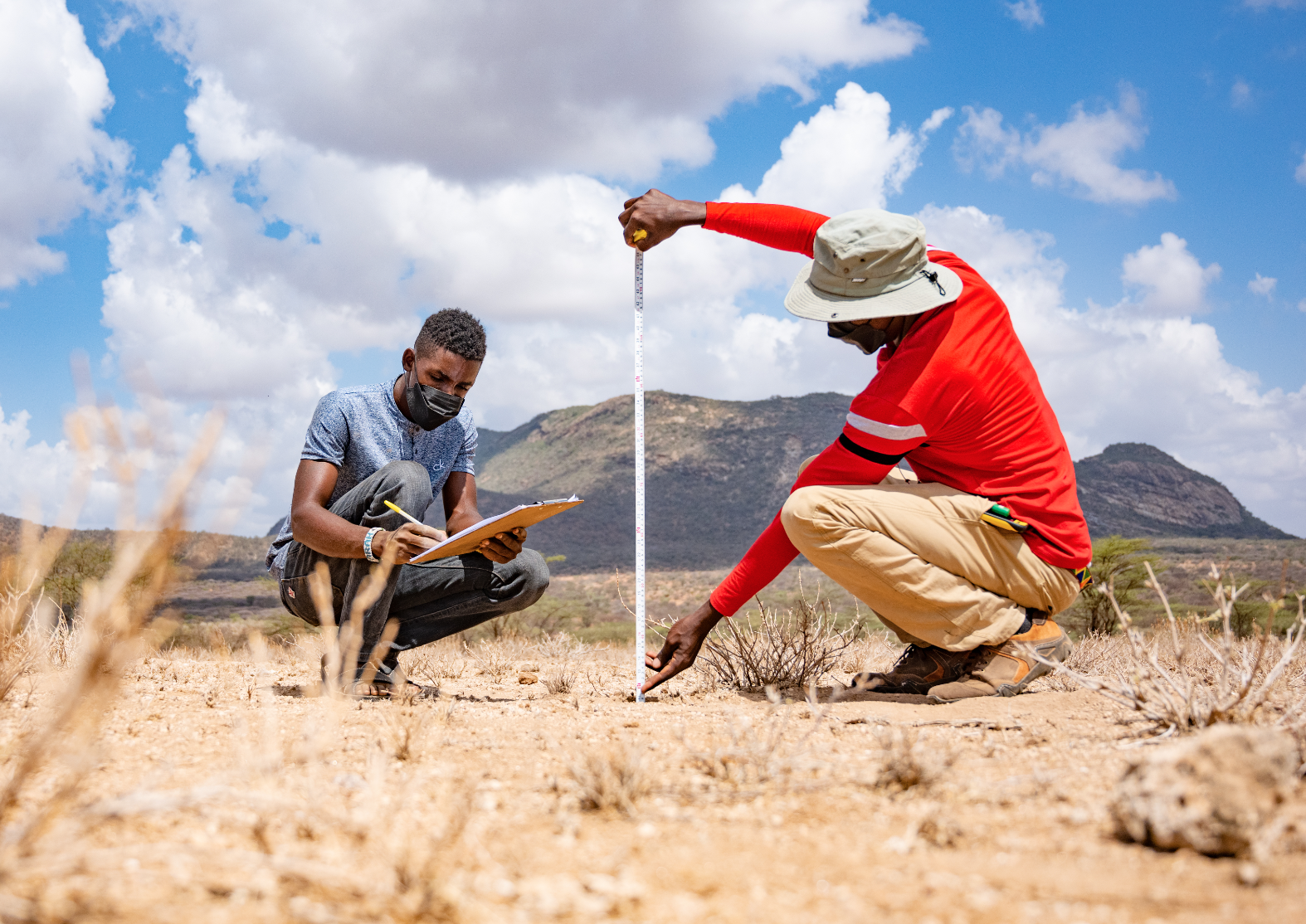
Land Degradation Surveillance Framework
The LDSF is a comprehensive method for assessing soil and land health that spans work in the field to the use of new and advanced data analytics. Land health generally refers to the degree to which the integrity of the soil, vegetation, water and air, as well as ecological processes, are balanced and sustained.
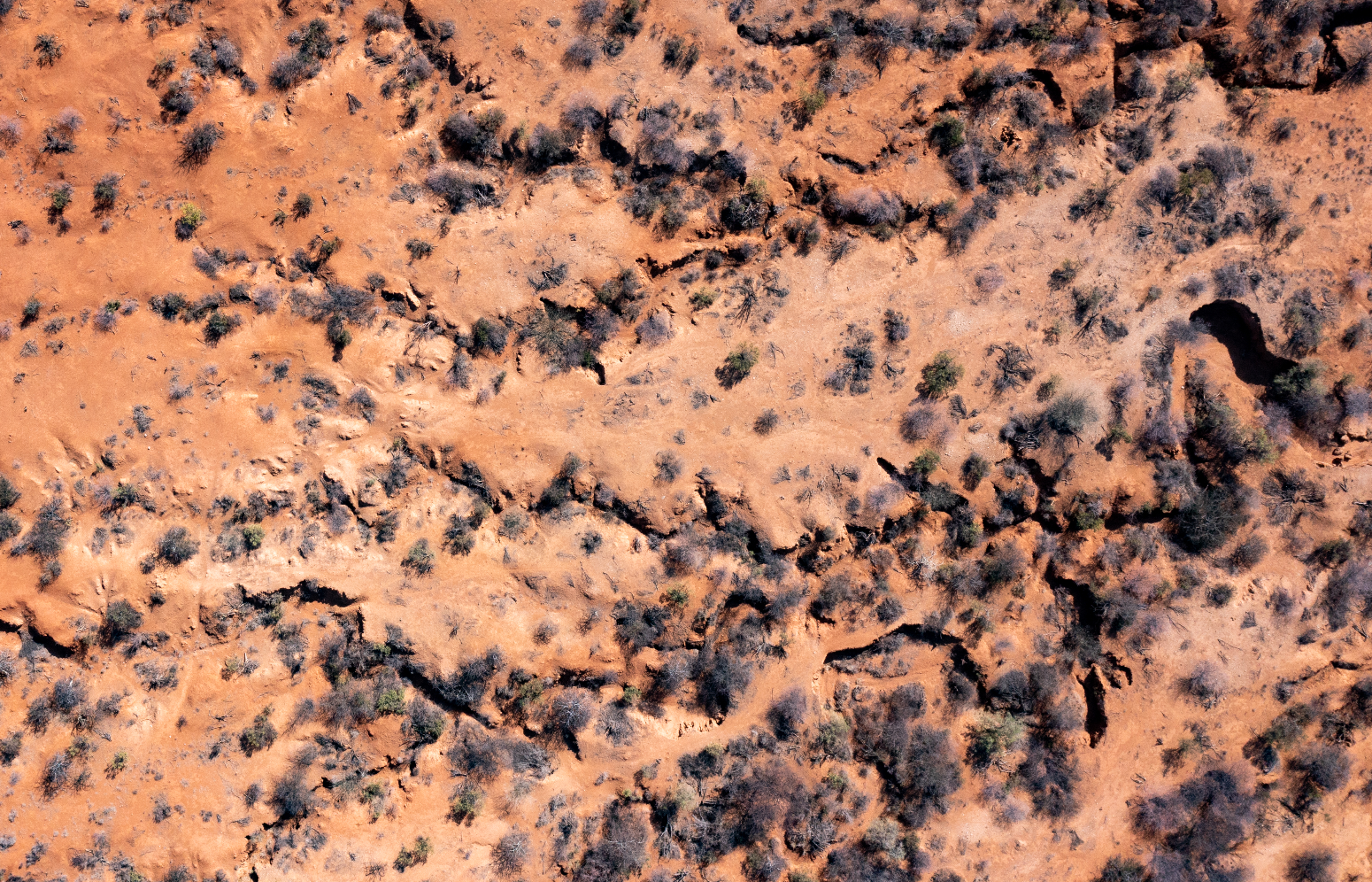
Recommended Measurements for Scaling Soil Health Assessment
The Soil Health Institute conducted a 3-year project that evaluated over 30 soil health indicators at 124 long-term agricultural research sites across North America, comparing conventional systems with regenerative soil health systems. Based on these results, SHI recommends three measurements to be widely applied across North America (and likely beyond) to evaluate soil health.
Resources
CA4SH | Library

One Earth Voices | Cell Press Journal | 17 Oct 2025, Volume 8, Issue 10
News and Updates
Featured
Contribute to this page
Contact us to submit a resource, news story, initiative to highlight, or an event to advertise and we will include it on this page.
